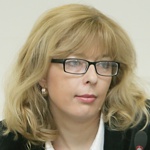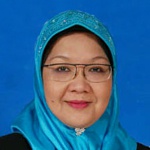
Climate Change and Sustainable Development
SDG 13

About the Session
Climate change affects all regions of the world. The consequences of global warming include changes in the conditions for the existence of ecosystems, changes in the conditions for economic activity (primarily in industries which are strongly dependent on natural conditions — agriculture and forestry). The risks of extreme weather events are increasing significantly.
Numerous climate risks are a threat to all sustainable development components: economic, environmental, social. The priority attention is given to studying, assessing and reducing negative consequences of climate change, developing new approaches to the management of natural and natural-technogenic systems.
The purpose of the session is to identify and assess the priority of climate risks for the sustainable development of socio-ecological and economic systems in the regions of the world and to propose optimal risk management measures, including limiting anthropogenic greenhouse gas flows.


